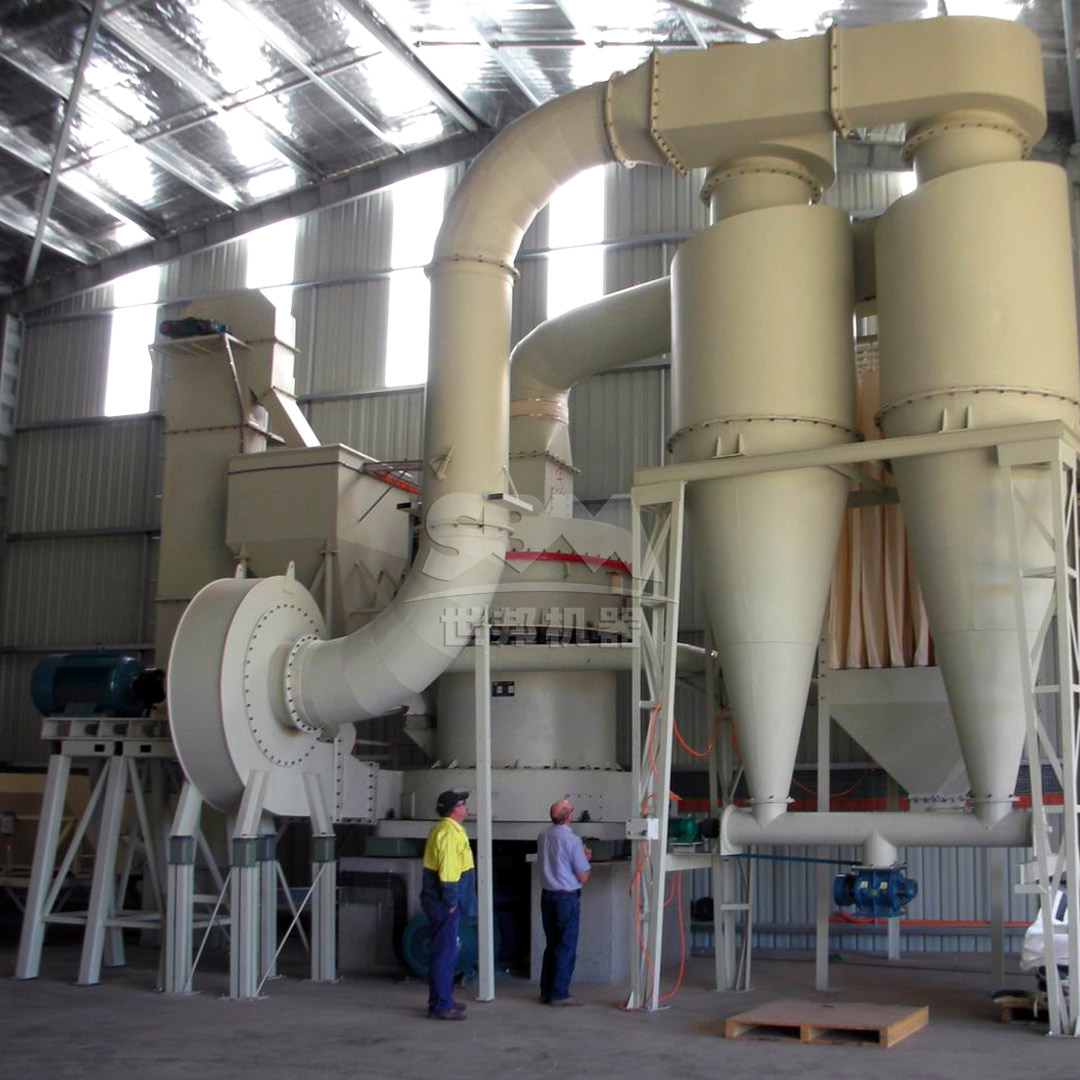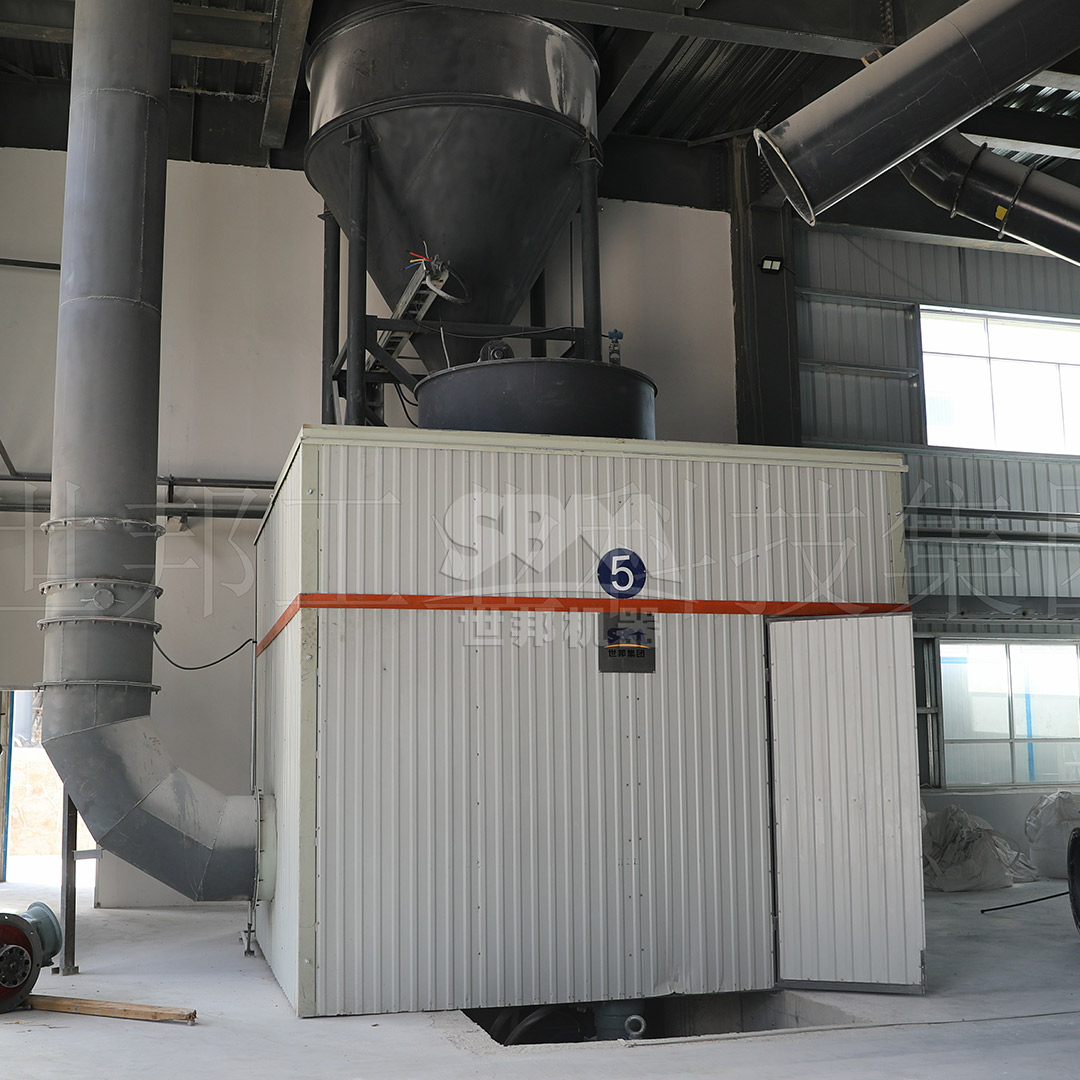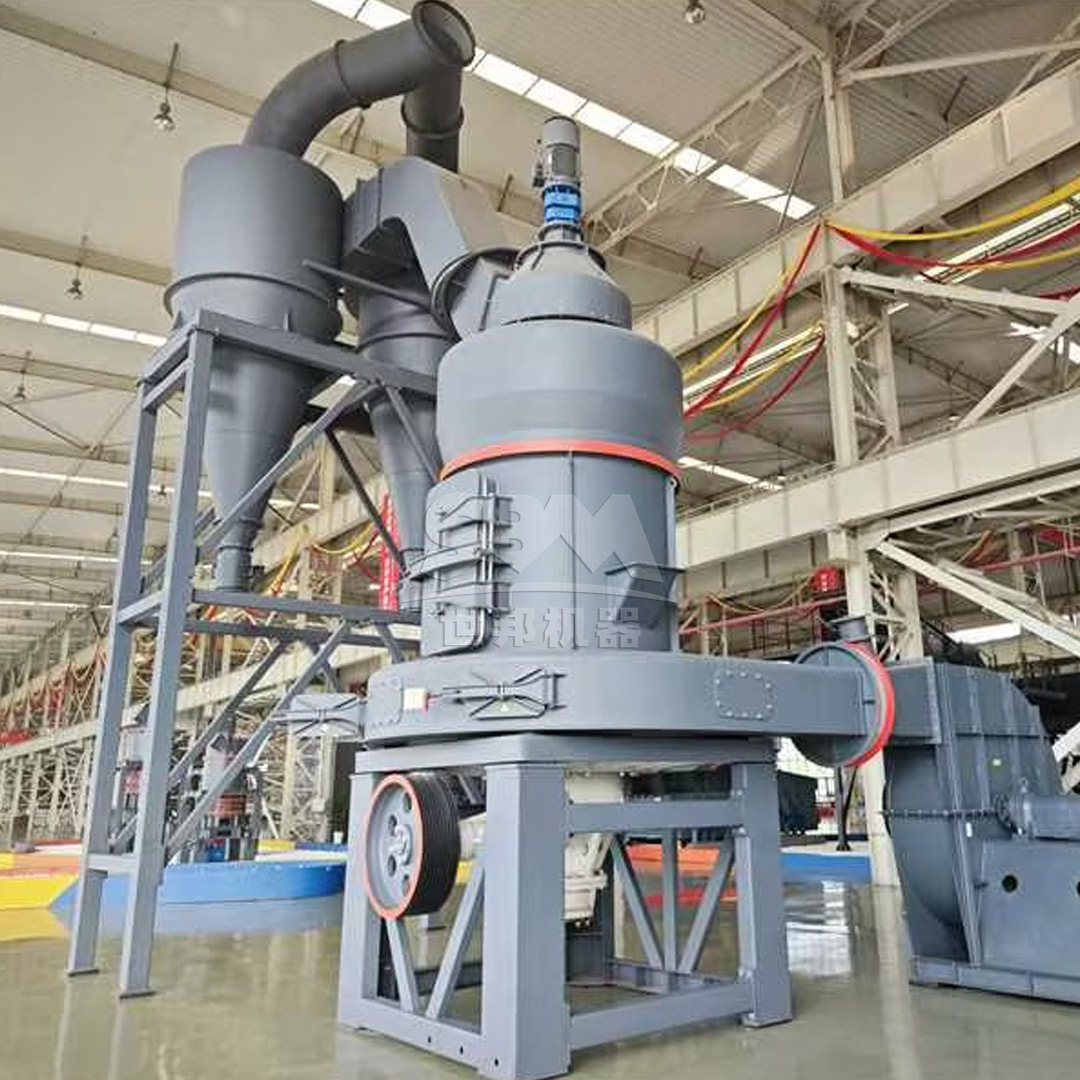Limestone powder, a finely ground form of calcium carbonate, plays a pivotal role in modern agriculture by improving soil health and boosting crop productivity. Its application helps neutralize acidic soils, enhances nutrient availability, and promotes microbial activity. The efficiency of limestone powder production directly depends on the grinding technology employed. This article explores the benefits of limestone powder in agriculture and highlights advanced grinding solutions, including our company’s flagship products, designed to meet the demands of high-quality powder production.
Limestone powder is primarily used as a soil amendment to correct acidity. Acidic soils, prevalent in many agricultural regions, hinder plant growth by reducing the availability of essential nutrients like phosphorus, potassium, and calcium. By applying limestone powder, farmers can raise the soil pH, creating a more favorable environment for crop development. Additionally, limestone powder supplies calcium and magnesium, which are crucial for plant cell wall structure and photosynthesis. Improved soil structure, enhanced water retention, and increased microbial diversity are further advantages, leading to higher yields and sustainable farming practices.
| Benefit | Description |
|---|---|
| Soil pH Neutralization | Raises pH levels, reducing soil acidity. |
| Nutrient Availability | Enhances access to essential nutrients like phosphorus. |
| Soil Structure Improvement | Promotes better aeration and water retention. |
| Microbial Activity Boost | Supports beneficial soil microorganisms. |
The effectiveness of limestone powder in agriculture hinges on its fineness and uniformity. Fine particles have a larger surface area, allowing for quicker reaction with the soil. Therefore, selecting the right grinding mill is critical. Modern mills must achieve precise particle sizes while maintaining energy efficiency and environmental standards. Key factors include input size, output fineness, processing capacity, and operational costs.

Various grinding technologies are employed in limestone processing, including ball mills, Raymond mills, and advanced ultrafine mills. Each offers distinct advantages in terms of fineness control, capacity, and energy consumption. For agricultural applications, where fine and consistent powder is required, ultrafine grinding mills are particularly effective due to their ability to produce particles as fine as 5μm.
For producing high-quality limestone powder tailored to agricultural needs, we recommend our SCM Ultrafine Mill. This mill is engineered to deliver superior fineness and efficiency, making it ideal for soil amendment applications.

| Model | Processing Capacity (ton/h) | Main Motor Power (kW) |
|---|---|---|
| SCM800 | 0.5-4.5 | 75 |
| SCM900 | 0.8-6.5 | 90 |
| SCM1000 | 1.0-8.5 | 132 |
| SCM1250 | 2.5-14 | 185 |
| SCM1680 | 5.0-25 | 315 |
For larger-scale operations requiring high capacity and reliability, our MTW Series Trapezium Mill is an excellent choice. It balances efficiency with durability, suitable for producing limestone powder in the range of 30-325 mesh.

Farmers using limestone powder produced by advanced mills like the SCM Ultrafine Mill have reported significant improvements in crop yields. For instance, a study in acidic soil regions showed a 20% increase in corn production after applying fine limestone powder. The rapid reactivity of ultrafine particles ensures that soil pH adjustment occurs within a single growing season, maximizing benefits.
Limestone powder is a vital tool for enhancing soil health and agricultural productivity. The choice of grinding technology directly influences the quality and effectiveness of the powder. Our company’s SCM Ultrafine Mill and MTW Series Trapezium Mill offer cutting-edge solutions for producing high-fineness limestone powder efficiently and sustainably. By investing in these advanced mills, farmers and agribusinesses can achieve better soil management and higher crop yields, contributing to global food security.